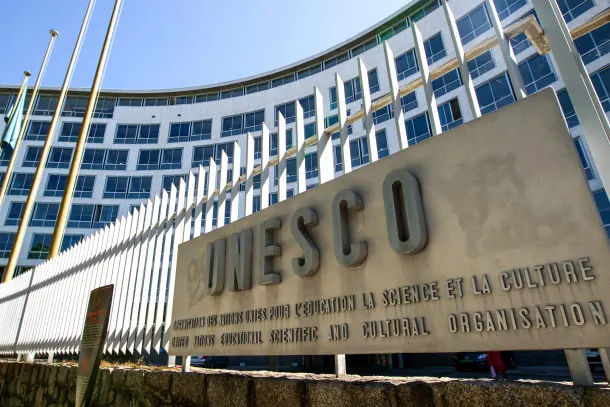UNESCO’s International Fund for Cultural Diversity (IFCD) has awarded USD 83,496 to Beaconhouse National University to undertake a project titled “Improving Data Collection among National and Provincial Statistical Agencies to Strengthen Policymaking for the Cultural and Creative Industries”.
The IFCD is a multi-donor fund established under Article 18 of the 2005 Convention on the Protection and Promotion of the Diversity of Cultural Expressions. Its purpose is to promote sustainable development and creative economic growth in developing countries that are Parties to the
2005 Convention. Since 2010, the IFCD has provided more than USD 10 million in funding for 140 projects in developing countries. This is the
first time Pakistan has been awarded funding under the IFCD.
Pakistan ratified the UNESCO Convention on the Protection and Promotion of the Diversity of Cultural Expressions in March 2022. The Convention supports the growth and development of cultural and creative industries, and provides a new framework for informed, transparent, and participatory systems of governance for culture.
The project will be implemented by Beaconhouse National University, with technical guidance from the UNESCO Islamabad Field Office. Founded in 2003, Beaconhouse National University (BNU) is a leading liberal arts university in Pakistan, and has previously worked with UNESCO on several key interventions to support the creative economy, including the mapping of cultural and creative industries around heritage sites in Punjab.
The project will work with national and provincial statistical agencies to develop improved data collection and analysis tools for the cultural and creative sectors in Pakistan, contributing to the development of inclusive cultural policies that respond to the needs of the sector and include often overlooked voices such as women artisans.
The project outcomes will strengthen evidence-based policymaking and will benefit a range of government bodies including bureaus of statistics, cultural bodies, skill development and vocational training authorities, councils of the arts, small and medium enterprise development authorities, planning and development boards, trade and investment boards, and more.










